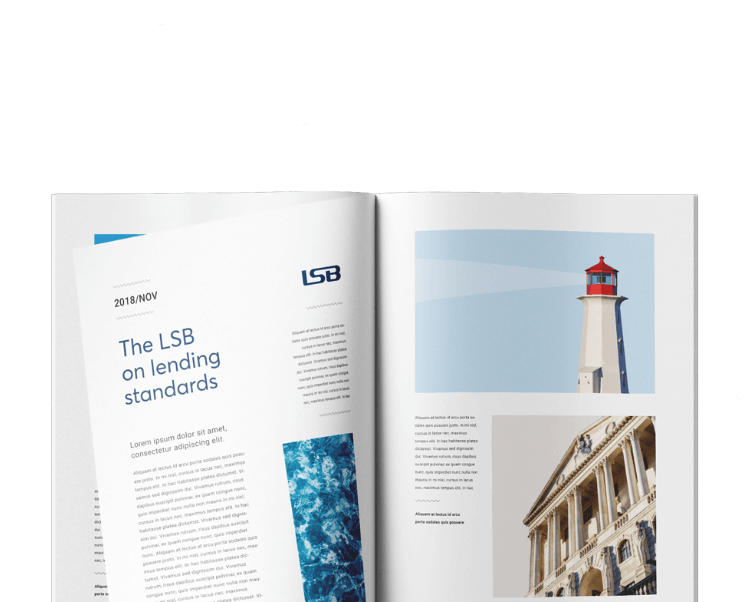In March 2021, we wrote about credit and essential spending. This provided considerations for firms looking to understand customer behaviour when it comes to credit usage, particularly in relation to financial difficulties.
The Money and Pensions Service recently published findings from their Credit Counts survey. This research looked at the number of adults who often use a credit card, overdraft, or borrow money, to buy essential goods or pay bills.
The data was collected during 2021, so may not reflect the full impact of the current cost-of-living crisis. However, it does provide firms with a more up-to-date picture of consumer finances generally and provides important insights on how customers are using credit.
State of the nation
The report found that an estimated 17% of UK adults often use credit to buy food or pay bills because they have run out of money. It also established that those more likely to be part of this 17% were young people; single parents; people with disabilities or those having had a mental health problem in the last three years; and people from an ethnic minority.
We know that, by itself, using credit to buy essential goods may not necessarily indicate a difficulty which needs addressing. Nevertheless, it could be valuable for firms to consider the effectiveness of any current identification provisions they have in place, particularly for those in persistent debt.
Be proactive
Many customers in, or on the verge of, financial difficulties, may not be aware of the support their lenders can provide. It is important for firms to consider how they can proactively engage with such customers and communities who are most at risk of entering financial difficulties. This can increase confidence in managing money amongst underserved customer groups and lessen any worries they may have. For example, customers may be concerned that getting help may negatively impact their credit rating or that credit may be withdrawn.
Firms can balance this engagement by also providing accessible educational materials. This could include information on how to budget, where to seek help, and the benefits of early engagement. We saw during the coronavirus pandemic that early engagement can lead to putting in place measures that effectively supports the customer and stops longer term difficulties. Repeating this during the cost-of-living crisis is an opportunity for firms to get ahead and deliver the best outcomes for customers under financial pressure.
The bigger picture
The difficulties being experienced by some customers are not occurring in a vacuum. Firms will be aware that the cost-of-living crisis is influencing customer behaviour in myriad ways, including through increased food, energy, and fuel prices[1]or difficulties in accessing essential services[2] due to strikes. The cost-of-living crisis has meant that some customers who never previously required support now do so. There are a number of options available to firms to identify customers who may require additional help.
This might include conducting reviews of the activity of accounts that entered financial difficulty to reveal trends and data points. This can be integrated with other MI and qualitative data from the first line, to provide a more textured snapshot. For example, looking to see if there was a discernible uptick on credit use for essentials on accounts entering difficulties. If there was an increase in customers accessing money worry pages, these pages need to be accurate and relevant to the cost-of-living crisis. Comparing customers accessing help across different channels could be valuable in identifying those most at risk. It could also prompt further questions, for example, if help accessed through mobile apps is low, considering if this is due to a lack of information on that channel.
Why it matters
Considering how credit is used is an important part of the picture when looking at financial difficulties. As more people have to make tough decisions on how to best balance their personal finances, firms have an opportunity to be there when most needed. We know that since the pandemic, some firms have found customers to be more open to pro-actively seeking help. This is an encouraging signal and one which, if customers are treated effectively and empathetically having made contact, will lead to better outcomes for those in difficulty.
[2] https://www.washingtonpost.com/world/2023/02/01/britain-strike-unions-cost-of-living/









